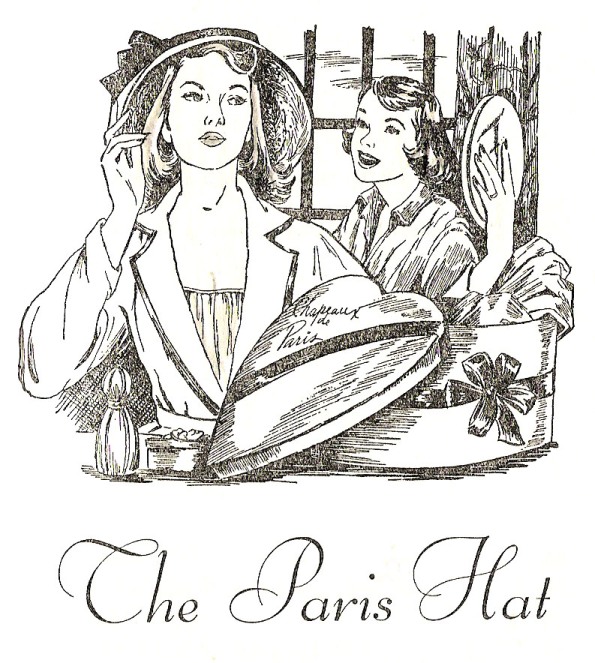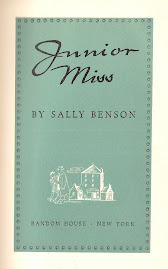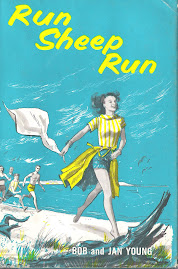 Title: Sunday Dreamer
Title: Sunday DreamerAuthors: Bob and Jan Young
Publisher: Julian Messner, 1962
Setting: Seaside Cordoba, California
Provenance: unknown, but sometime around 1971 was owned by someone who lived in Bismarck, North Dakota
Fun: Grandma vs. the zoning board; school rivalry; vandalism
Quote: "For years we've prided ourselves that Cordoba didn't have a juvenile delinquency problem but this situation between the high schools is getting out of hand. It's beginning to look more and more like some of that outright gang warfare you hear about in the big cities."
Do people still write books about girls who just want to be popular? How exactly did it come about that popularity became synonymous with evil and the popular girl a cardboard character who represented every negative value? As I remember high school the popular girls were flimsy, airheaded creatures who didn't bother much with girls like me (something I didn't resent) and who hardly had the impetus or time to go around destroying the lives of lesser mortals, or even saying nasty things to them. High school wasn't war, high school was indifference -- which can actually be much, much worse.
In books from this era, however, popularity is rarely portrayed as a negative thing. Every heroine wants to have lots of friends and be among the class leaders, all of whom are nice, normal girls. True, the occasional cat shows up in their ranks, but her sharp tongue usually causes her downfall before long. After all, who would want to be friends with someone who isn't nice?
So this brings us to Sunday Dreamer. Moving to Southern California from San Francisco, where she had one friend at school, is a fresh start for Nancy. Her grandmother's social position as foundress of the town ought to help, too. But Nancy tries too hard, she's too studied in her "witty" responses to friendly questions, she takes offense too quickly, and before you know it she's eating lunch all by herself in Cordoba, too.
Given that being popular is synonymous with being normal, no-one questions that Nancy is right in wanting it. She just has to go slow, and since this book is by the Youngs, Nancy's journey will involve something serious and thought-provoking. In this case, nursing. Nancy volunteers at the hospital, she brings in other girls to help, she unites two feuding high school gangs, and she pulls an all-nighter after a train accident. After all that, who the hell cares about being popular?
And thanks to Carole Anne Carr, who gave me a Literacy Builder Award this week. I posted my five favorite words and passed it on to three other bloggers on my other blog, Pray for Rain. Thanks again, Carole Anne.











Once again, a fascinating review of a book from an earlier era, shades of a YA version of Enid Blyton comes to mind.
ReplyDelete